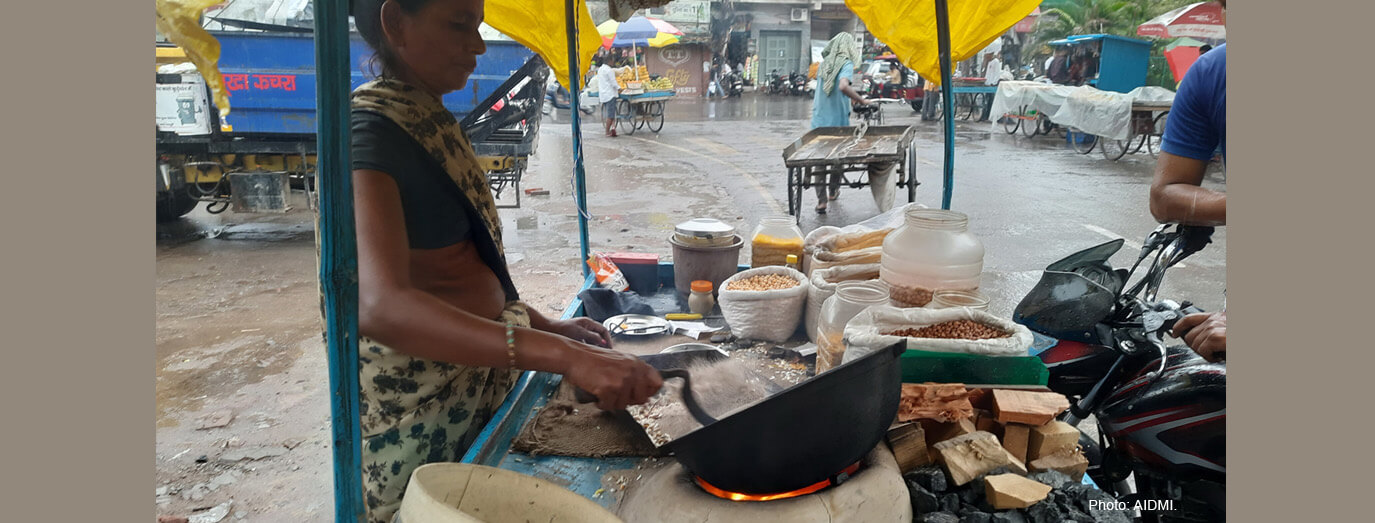
By Abhiyant Tiwari, Lead – Health & Climate Resilience, NRDC India
India, with its diverse climate and vast population, is particularly vulnerable to the impacts of climate change. Among the most pressing challenges we face are heatwaves, which have become increasingly frequent and intense in recent years. While the issue has garnered some attention, there remains a significant gap between the problem’s urgency and our response’s robustness.
My experience working on heatwave mitigation for over a decade with non-profit and for-profit organisations has highlighted the critical need for a multi-pronged approach. We must move beyond simply acknowledging the problem and work towards concrete solutions, prioritising preparedness, response, and long-term resilience.
One of the most significant roadblocks to effective heatwave management is the lack of recognition of heatwaves as a formally notified disaster at the national level. While seven states have taken the initiative to classify it as such, a unified approach is essential. However, rather than waiting for national-level action, which can often be slow and mired in bureaucratic hurdles, I believe the focus should be on empowering individual states to take charge.
There is no dearth of funds for disaster management in India. The real challenge lies in streamlining our actions and ensuring that resources are utilised effectively. Each state has unique vulnerabilities and capacities; a centralised approach to heatwave management is unlikely to address these nuances. By encouraging states to designate heatwaves as state-specific disasters, we empower them to develop context-specific action plans, allocate resources efficiently, and build local resilience.
Furthermore, capacity building is crucial. We must invest in training and education programmes for local communities, healthcare workers, and disaster management authorities. These programmes should enhance their understanding of heatwave risks, early warning systems, and effective response mechanisms.
Research and innovation also have a critical role in improving heatwave management. We must invest in developing and deploying cost-effective cooling solutions, improving urban planning to mitigate the urban heat island effect, and strengthening early warning systems to provide timely and actionable information to vulnerable populations.
The human cost of heatwaves can be devastating. We have a moral imperative to act decisively and strategically to protect our most vulnerable citizens. By empowering states, investing in capacity building, and fostering a culture of research and innovation, we can build a more resilient India that is better equipped to face the challenges of a changing climate.
Photo caption: “You cannot trust the weather. One day, it is scorching hot; the next, it is humid, and then suddenly, we are hit with these unseasonal downpours. I can never predict how much stock to buy. My snacks get soggy, or I run out completely.” – A woman running a roadside snack cart. Photo: AIDMI.
Disclaimer: The views expressed in this piece are those of the author/s and do not necessarily reflect the views or policies of AIDMI.